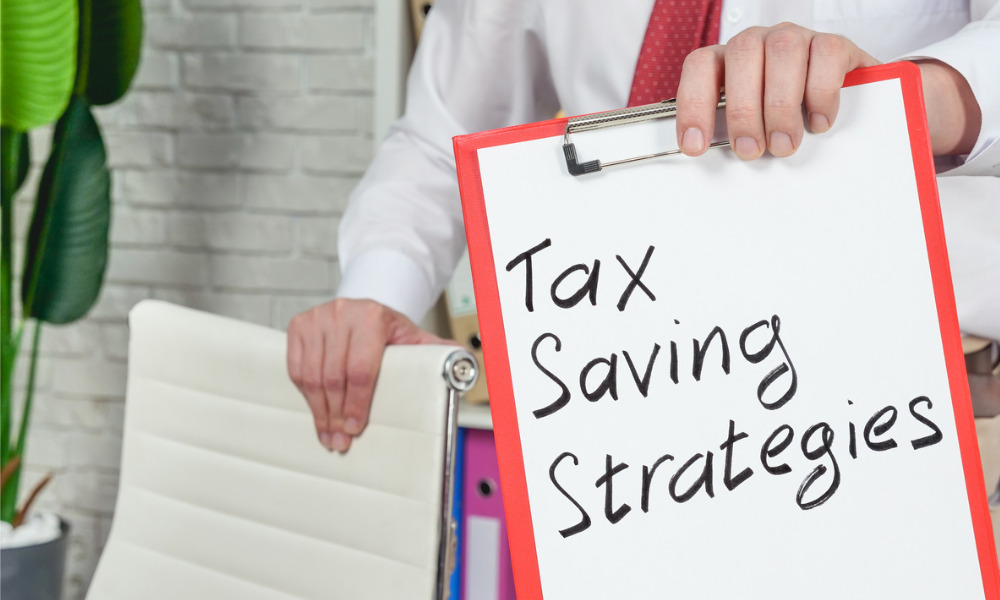IG Wealth Management CEO underlines the significance of seeking professional tax advice

Without a year-round tax plan, Canadians are losing a significant chance to maximize their tax returns.
"It's concerning that most don't think about a tax strategy until tax time,” Damon Murchison, President and CEO at IG Wealth Management, said. “Making tax planning a regular activity can help reduce your overall tax bill and help you take advantage of all available tax deductions and credits, allowing you to keep more of your income in your own pocket."
A recent annual tax poll by IG Wealth Management and Pollara Strategic Insights revealed that over one-third (36%) of Canadians believe year-round tax preparation is "not important at all," while only one-fifth (22%) of Canadians make year-round tax planning a priority. Just one in 10 Canadians are extremely confident that they make use of all available tax benefits.
"Everyone who pays taxes can benefit from year-round tax planning as part of their larger financial plan, especially these days given the cost-of-living crisis and a higher interest rate environment," Murchison said.
The poll also revealed that two-fifths (42%) of Canadians do not think about the tax or financial consequences of large purchases like a home, a secondary property, home improvements, or a car.
"Scrambling to make sense of your assets at tax time is inefficient for you and your money," noted Murchison. "It's important to seek out the help of a financial advisor who can help you understand, in advance, the tax implications of larger, more complicated assets and how they fit into your overall financial plan.
Furthermore, according to the report, 60% of Canadians are making efforts to increase the amount they will get in tax refunds each year, and 85% think that receiving a refund is a huge benefit. Even more, Canadians said they intended to consider their tax return as a "bonus," with more than half (57%) using the money to reward themselves or their families and 44% factoring the refund into their investing plan.
The question is – is bigger better when it comes to tax refunds?
"Contrary to popular belief, having a larger tax refund is not necessarily a good thing," said Murchison. "A tax refund means too much tax was collected from you over the course of the year. Although it might feel nice to receive that money after you've filed, you have lost out on interest, investment, and spending opportunities throughout the year.”
“A financial advisor can create a comprehensive 12-month tax strategy that will help you be more tax-smart over the course of the year, ultimately putting you that much closer to reaching your financial goals," Murchison added.



